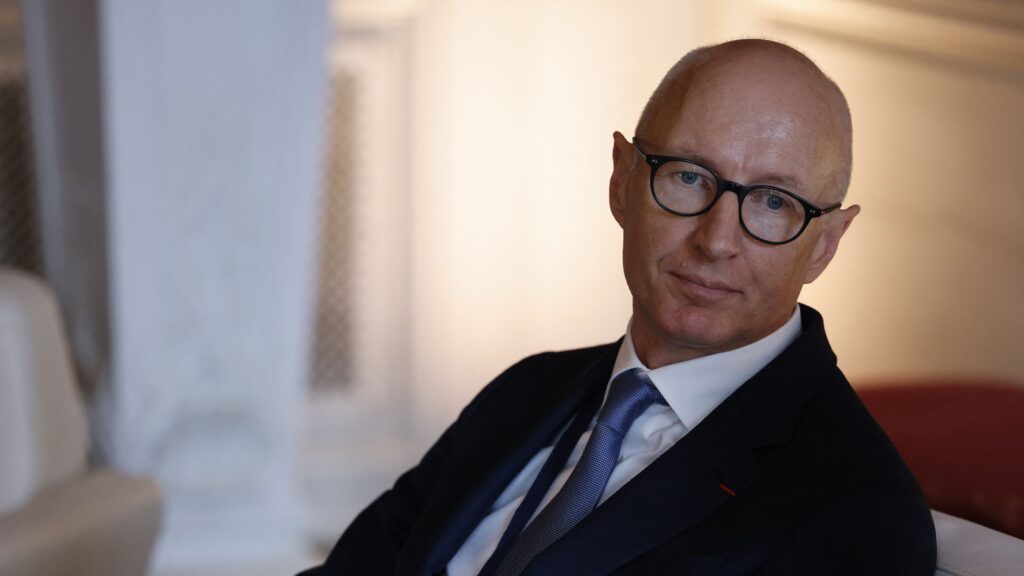WASHINGTON — Novo Nordisk CEO Lars Fruergaard Jørgensen will testify before the Senate after Sen. Bernie Sanders threatened to subpoena the company over its pricing of the popular diabetes drug Ozempic and the obesity drug Wegovy, the Senate health committee announced Friday.
The agreement is a finale to a farcical public back-and-forth over apparent difficulties between the Senate health committee and Novo in scheduling a hearing. Sanders’ team claimed that Novo was uncooperative with his requests, but the company said they had told the senator’s team that the company was willing to testify.
advertisement
Jørgensen’s appearance is a pivot for the panel, as Sanders (I-Vt.) had originally scheduled a vote to subpoena the chief of Novo’s U.S. division, Doug Langa, instead. Sanders said that the scheduled subpoena vote, which even Democratic senators wouldn’t firmly commit to supporting, has been canceled.
The hearing won’t be happening until “early September,” the committee said, despite previously demanding that Novo appear at a hearing in July.
“The Committee looks forward to Mr. Jørgensen explaining why Americans are paying up to ten or 15 times more for these medications than people in other countries,” Sanders said in a written statement.
advertisement
Jørgensen testified about the company’s insulin pricing strategies last year.
Novo’s capitulation to a hearing is the latest success for Sanders’ tactic of threatening to issue subpoenas to force pharmaceutical company executives to appear at hearings. He used the same playbook on Merck and Johnson & Johnson earlier this year.
In the face of Sanders’ investigation, Novo has defended the price of Ozempic and Wegovy, saying that they can prevent chronic conditions like heart disease in the future, and so their full value hasn’t yet been realized. Executives have also said that net prices, which are what Novo actually makes from the drugs after rebates and discounts, have been coming down.
The list price of Ozempic is almost $1,000 a month in the U.S., while it costs about $100 in countries like Germany and the U.K., according to an analysis from the nonprofit KFF.

